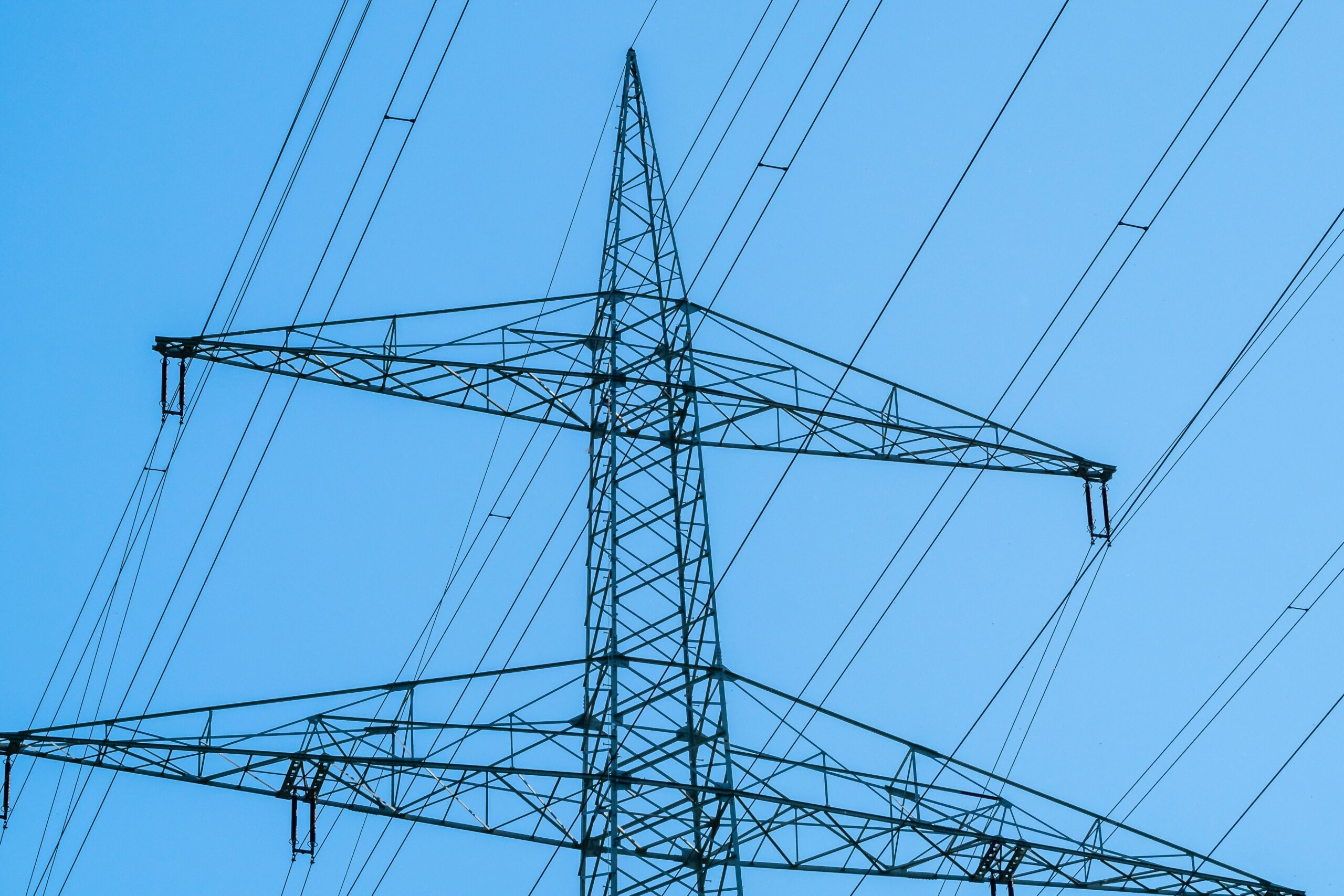We all know that in recent months electricity and natural gas heating prices have gone up significantly, but unfortunately, it looks like this trend is set to continue. A new winter outlook report from the US Energy Information Agency says we should buckle up for more price hikes in the coming months.
In their Winter Fuels Outlook report, the EIA says that the average U.S. household will spend $2,345 on heating oil and $1,366 on electricity between Oct. 2022-March 2023. In the DMV specifically, electricity prices are predicted to rise another 11% this winter.
In Virginia, 55% percent of households heat with electricity, so if the winter is a cold one, this spells high bills for many in our region. And if you heat with natural gas or heating oil, the news is even worse, with prices predicted to rise 25% and 45% this winter respectively.
So what’s the solution?
Wondering how you can stop the madness and take control of your home heating and electricity bills? Of course you know our answer: Don’t wait another day to invest in clean, renewable solar energy. No matter how you heat your home, be it electricity, heating oil, propane, or natural gas, switching to solar will save you money in the long run.
Setting your home up for long-term heating, comfort, stability, and savings
If you heat with electricity from a baseboard heating system, electric furnace, or electric heat pump system, the savings from solar on your monthly bill would be direct and immediate, because you won’t have to change any of your home’s heating systems to enjoy the benefits of heat from solar energy.
If you have a furnace or boiler that runs on natural gas or heating oil, then heating your home with solar energy requires a switch to an electricity-based heating appliance like an electric heat pump. You will still save money on all of your other electricity usage, but for heating the air and your water, you’d need to make that switch.
A heat pump is the most efficient of all types of electric heating and is recommended when you’re upgrading your home to an all-electric setup. The new federal tax credits and state rebates can help with the switch, offering up to $8000 back on a new electric heat pump and/or hot water heat pump.
How does solar save money?
Say you currently pay $150 per month on your utility bills. In the very simplest terms, if you were to install the national average 6kW system offsetting 97% of your utility bill, at an up-front cost of about $15,000, then over the 30-year life of your solar system you could save about $40,000. And this basic equation doesn’t even take the steeply rising cost of utility bills into account!
Of course, the way this would work for you depends on your home’s solar readiness, your energy consumption, and your utility’s specific rate structure. But in general, once you pay off that upfront cost of the system (which typically breaks even within 4-12 years), the rest of the 30+ year life of the system brings you free electricity. And from the first day you turn your solar energy system on, you’ll be producing your own power at a predictable, known cost. No more high utility bills — and if you add battery storage, no more power loss anxiety.
Want to learn more? Get in touch!
Give us a call at 703-249-6594 or click below to chat with our solar experts about your home’s potential for solar. We love to talk with you about how you can keep your home heating bills in check!
Want to keep researching? Check out these related posts:
With Electricity Prices Rising, Solar Brings Budget Stability
How can I take advantage of the new home electrification & energy efficiency tax credits?
Solar With Battery Backup Brings Homeowners Storm Resilience and Peace of Mind




